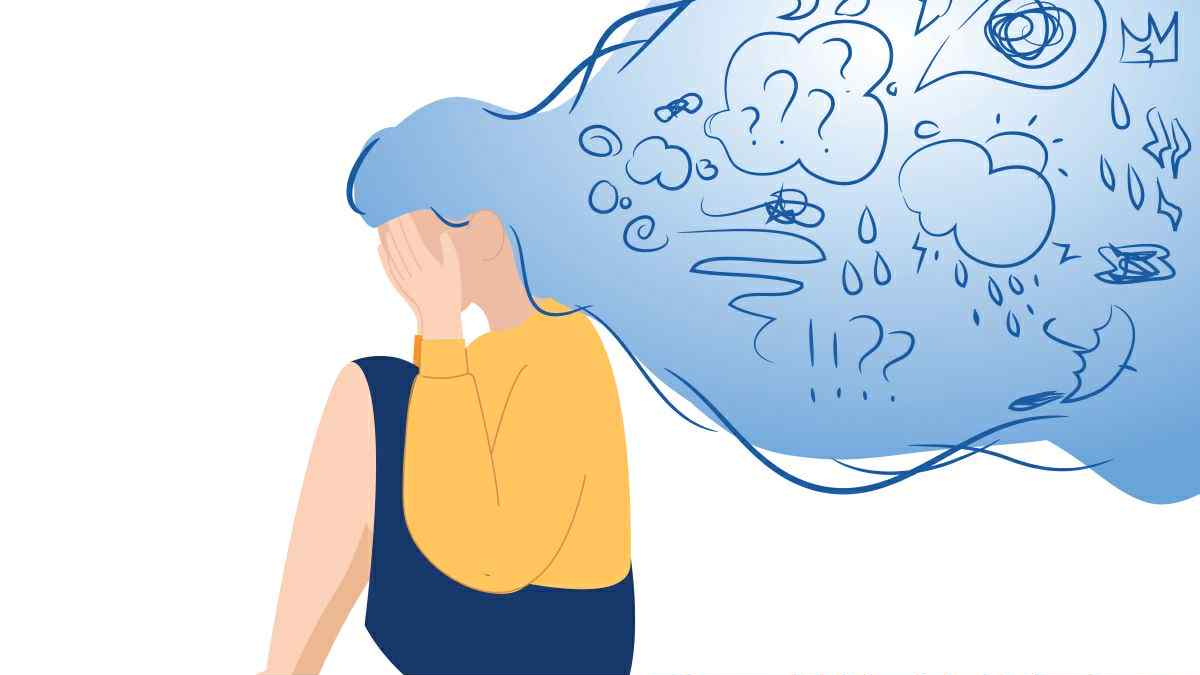Psoriasis and Mental Health: The Emotional Side of a Skin Condition

Living with psoriasis is about much more than just managing patches of dry, inflamed skin. While it’s often viewed as a physical condition, the truth is that psoriasis deeply affects mental and emotional health — sometimes even more than the visible symptoms themselves.
From anxiety and depression to social withdrawal and low self-esteem, people with psoriasis often face an emotional burden that’s rarely talked about but very real. In this article, we explore how psoriasis affects mental health, why emotional support is essential, and what steps can be taken to protect your well-being.
 More Than Skin Deep: The Hidden Impact
More Than Skin Deep: The Hidden Impact
Psoriasis can be unpredictable. Flare-ups may appear suddenly and be difficult to control. For many, this lack of control can feel overwhelming, especially when the condition is visible to others — on the face, hands, or scalp.
Many patients describe feelings of:
- Embarrassment in public or social settings
- Shame or guilt, as if they’re doing something “wrong” to cause flares
- Isolation, avoiding contact with friends or partners
- Fear, of being judged or misunderstood
The emotional toll can be just as exhausting as the physical symptoms. And over time, it can lead to anxiety, depression, and even suicidal thoughts — especially if the person feels unsupported.
 Depression and Anxiety: Common but Overlooked
Depression and Anxiety: Common but Overlooked
Studies have shown that people with psoriasis are 30–60% more likely to experience depression or anxiety than those without the condition. This is especially true for those with moderate to severe symptoms or early-onset psoriasis.
Some common psychological effects include:
- Depression: Sadness, low energy, sleep disruption, loss of interest in life
- Anxiety: Worrying about flares, appearance, or social rejection
- Body image issues: Struggling with confidence, especially in intimate relationships
- Stress sensitivity: Feeling easily overwhelmed or unable to relax
Importantly, this emotional burden can worsen psoriasis, creating a vicious cycle: stress causes flares, flares cause distress.
 Stigma and Misunderstanding
Stigma and Misunderstanding
Another major emotional challenge is dealing with the stigma of psoriasis. Many people mistakenly believe it’s contagious, poor hygiene, or something that can be “cured” with a lotion or diet.
This can lead to:
- Unwanted comments or advice
- People avoiding physical contact
- Misjudgment in professional or social environments
- A constant need to explain and justify the condition
This lack of awareness can be painful, leading to feelings of loneliness and withdrawal.
 How to Protect Your Mental Health with Psoriasis
How to Protect Your Mental Health with Psoriasis
The good news? You’re not alone — and help is available.
Here are some practical steps to care for your mental health while living with psoriasis:
1. Talk to someone
Whether it’s a therapist, a support group, or even a close friend, talking about your feelings helps. Cognitive behavioral therapy (CBT) is especially effective for people managing chronic health conditions.
2. Join a community
Support groups — online or in person — can help reduce the sense of isolation. Hearing from others who understand what you’re going through is often empowering and healing.
3. Practice stress-reducing habits
Try meditation, journaling, yoga, breathing exercises, or gentle physical activity. Even 10 minutes a day can help reduce anxiety and ease stress-related flares.
4. Set boundaries
If certain people or situations trigger negative feelings or worsen your condition, it’s okay to step back and protect your peace.
5. Ask your doctor for help
If you’re struggling emotionally, let your dermatologist know. They may refer you to mental health resources or adjust your treatment to help improve both physical and emotional symptoms.
 You Are More Than Your Skin
You Are More Than Your Skin
Psoriasis can impact many areas of life — but it does not define who you are. You are not just your diagnosis. You’re a whole person with hopes, goals, and emotions that deserve to be cared for and respected.
By acknowledging the emotional side of psoriasis and seeking support, you can build resilience and move forward with strength, confidence, and dignity.
👍